-

The flickering glow of summer's fireflies: too important to lose, too small to notice them gone
Fireflies once seemed plentiful and cool, easy to catch and watch, and they served as an introduction to the world of nature around us. Entomologists keep hearing anecdotal reports of fewer fireflies, leading to fears that the summer flash was fading.
-

Seeking carbon-free power, Virginia utility considers small nuclear reactors
Virginia’s largest utility says it will explore the possibility of using small nuclear reactors to meet growing electricity demands.
-

Heat, drought affecting Potomac River contributed to boil water scare
Storm Team4 Meteorologist Ryan Miller explains how heat and drought affecting the Potomac River led to a boil water advisory in D.C. and Arlington County.
-

‘Show Your Stripes Day' showcases changing temperature trends
The day is meant to bring awareness to climate change, and the changing stripes graphics describing the average yearly temperature. News4’s Amelia Draper reports on our changing climate.
-

Heat advisory for the East Coast
The D.C., Maryland and Virginia area expects to be under a heat advisory this week. News4’s Amelia Draper reports.
-
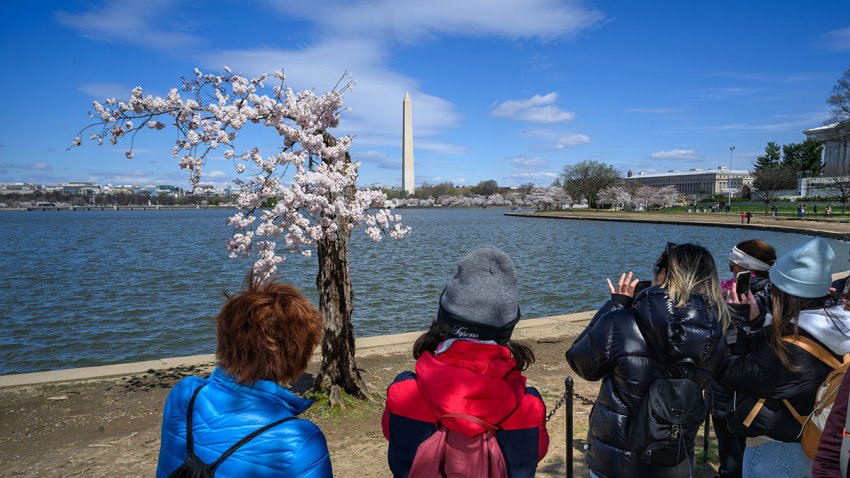
Goodbye, Stumpy: DC's favorite little cherry tree to be removed from Tidal Basin
Four years after his initial rise to fame, Stumpy’s time with us is coming to an end: 159 cherry trees, Stumpy included, will be cut down in May to repair the seawall in that area.
-
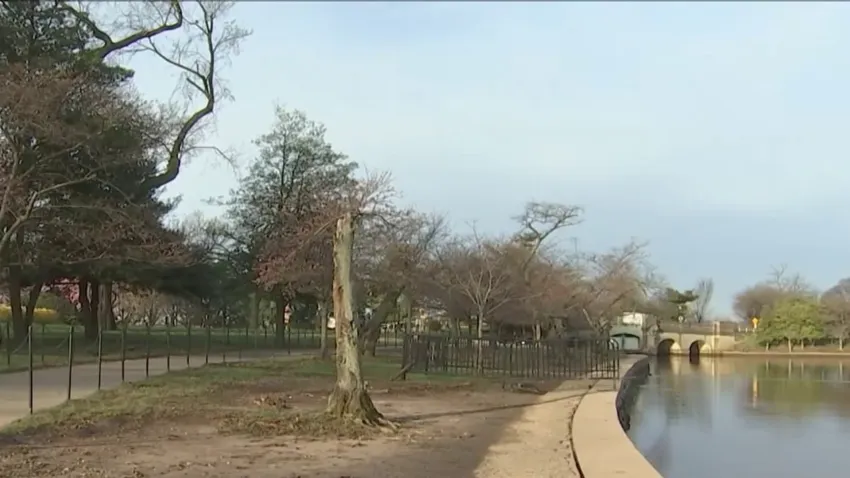
159 cherry trees in DC will be removed due to Tidal Basin seawall damage from age and rising sea levels
The century-old seawall of D.C.’s Tidal Basin needs work, but 159 cherry trees will have to be removed, including “Stumpy,” the tree that became a social media sensation for its ability to bloom despite its decaying trunk and minimal branches. But 274 new trees will be planted after the repairs. News4’s Megan McGrath reports.
-
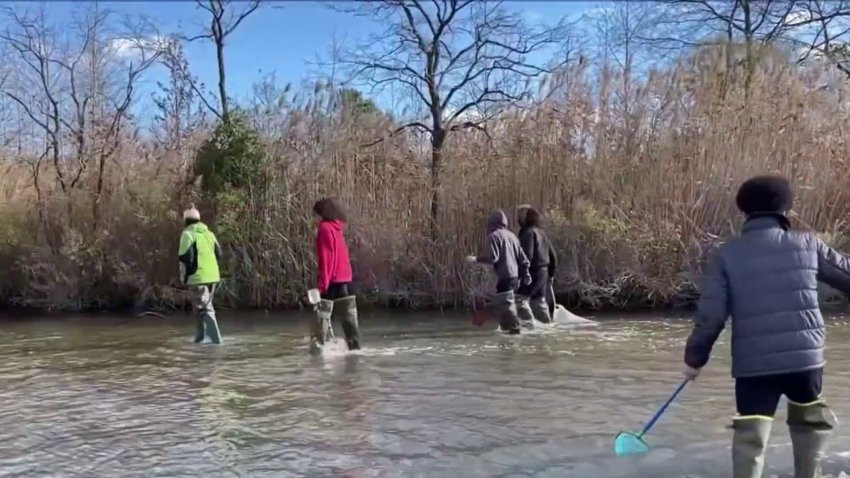
Chesapeake Bay Foundation teaches Maryland teens about their environment
The Chesapeake Bay Foundation is teaching teens in the area about protecting the land and water we all share. “Everything helps. Everything matters,” educator Emma Paul told News4’s Megan McGrath.
-
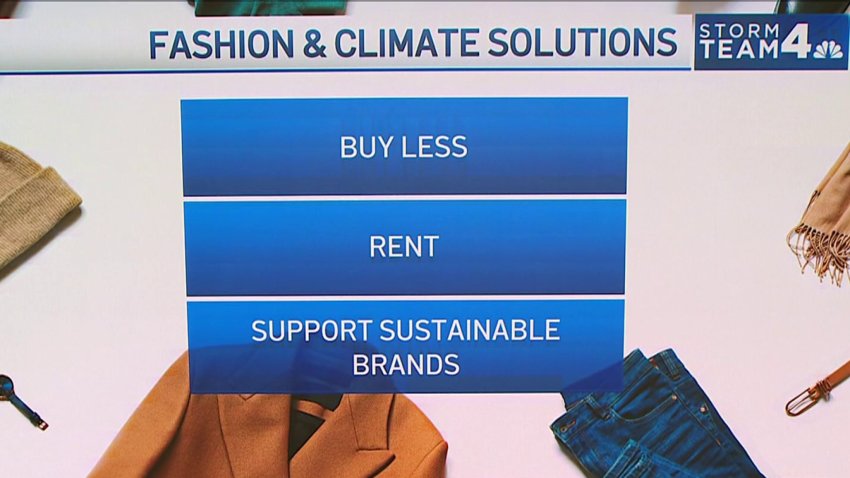
Clothing's impact on climate change
The fashion industry rivals the aviation industry in terms of global carbon emissions, according to the EPA. Storm Team4 Meteorologist Amelia Draper explains how big of an impact clothing has on the environment.
-
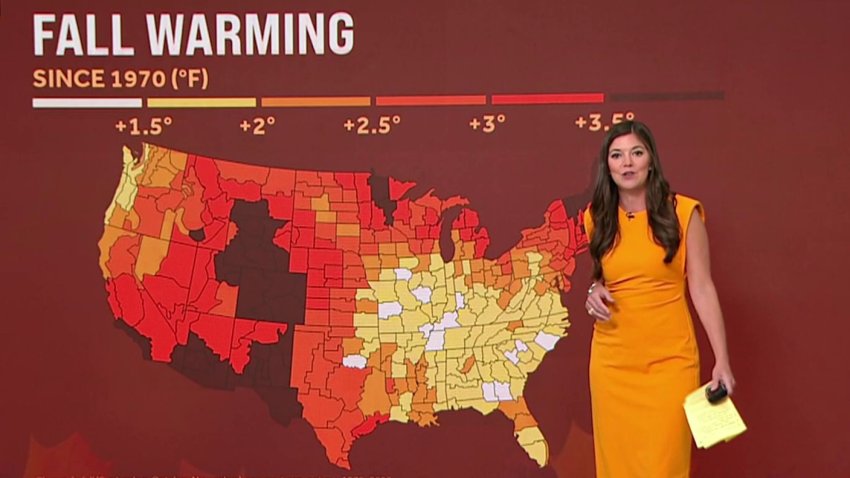
Changing Climate: Warmer falls mean longer allergy seasons
Storm Team4’s Amelia Draper explains how our changing climate is causing a more intense and longer pollen season.
-
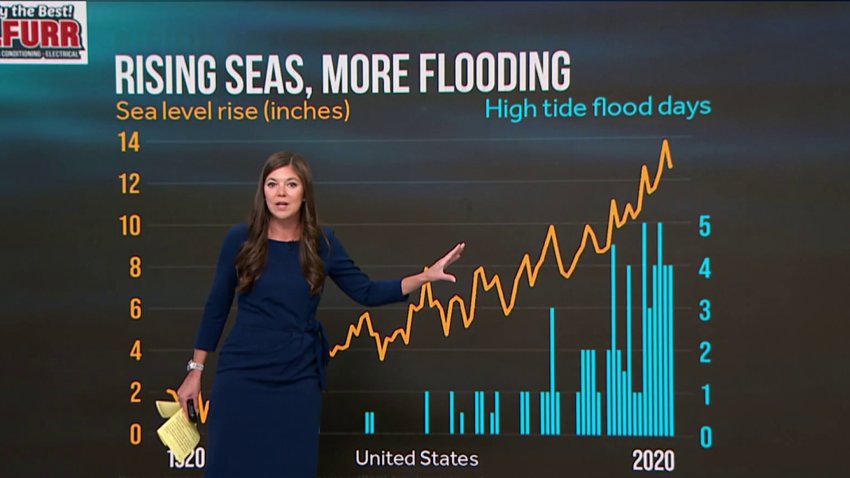
High tide flood days increase with rising sea levels
As we warm up our climate, we’re seeing higher sea levels, which leads to more flooding along U.S. coastlines. News4’s Amelia Draper reports.
-
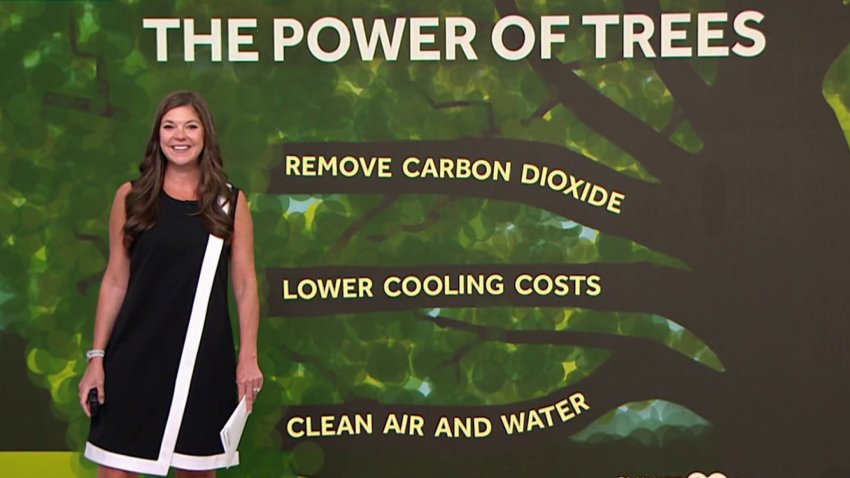
How green spaces support healthy, equitable cities
Research shows that trees and green spaces support healthy, equitable and resilient cities. Storm Team4’s Amelia Draper reports.
-
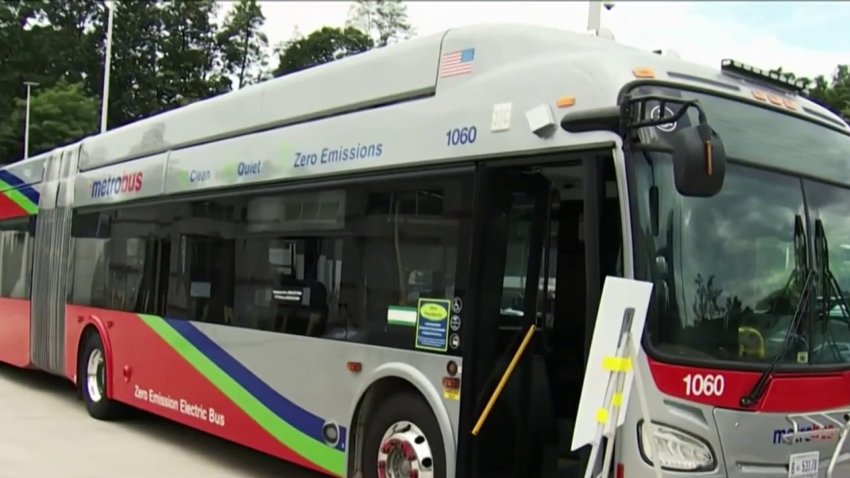
WMATA got $104M to bulk up electric bus facilities. Here's a look at the green energy changes Metro is investing in
Metro is getting in on the electric vehicle game, thanks to a $104 million grant from the federal government. It’s an example of how the fight against climate change is changing transit — and creating new learning curves for the people who keep public transportation running.
-
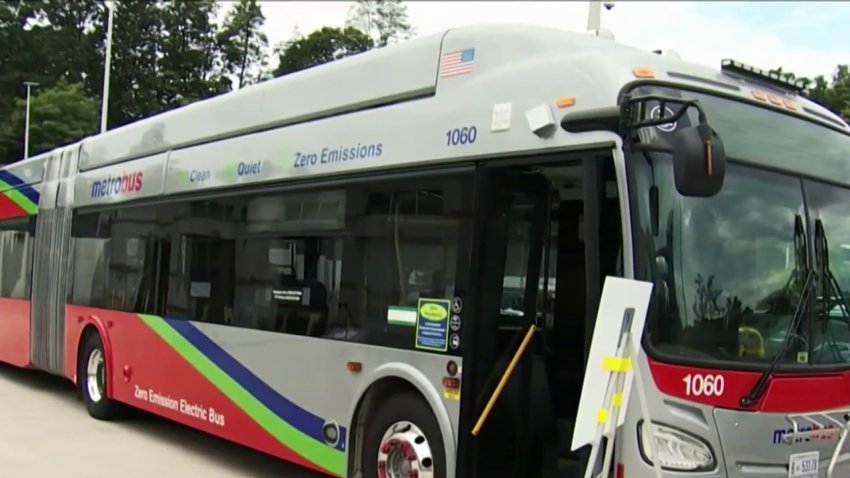
Metro gets grant for electric bus facilities
WMATA got a big federal grant to convert bus garages to serve all electric vehicles. News4’s Adam Tuss reports
-
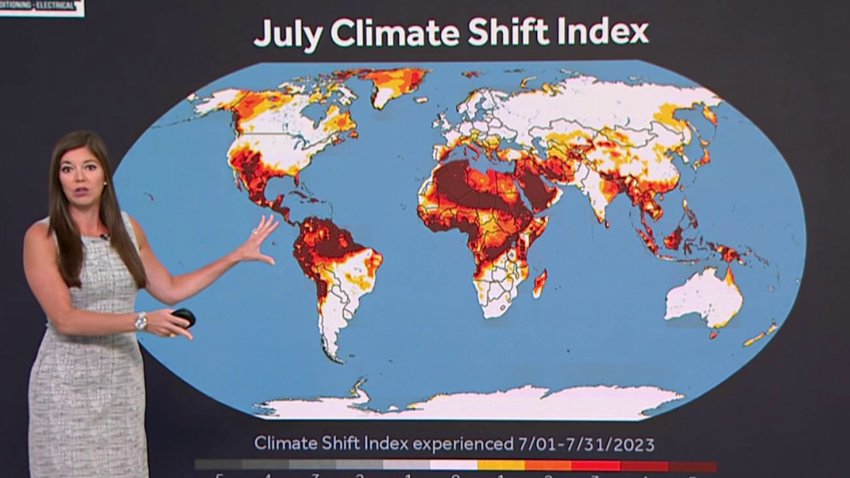
July was Earth's hottest month ever
July was marked by heat extremes and record-shattering temperatures. Storm Team4’s Amelia Draper explains the data.
-
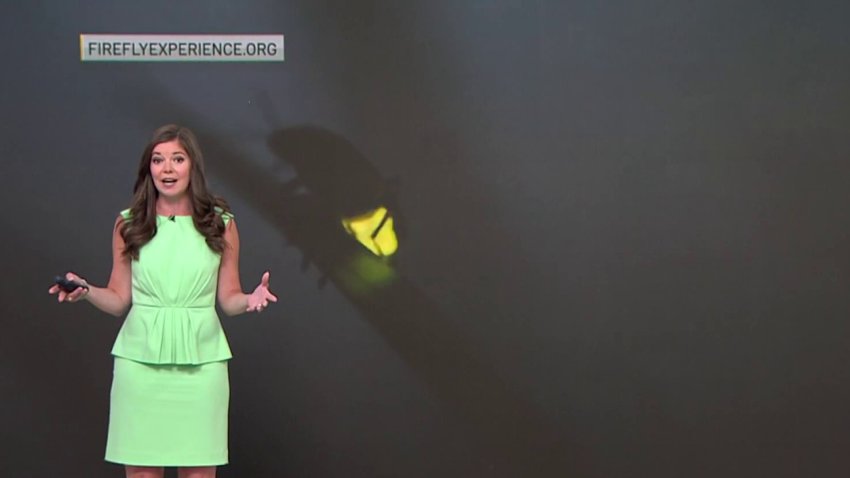
Why fireflies are declining in population
Storm Team4’s Amelia Draper explains what you can do to preserve the firefly population.
-
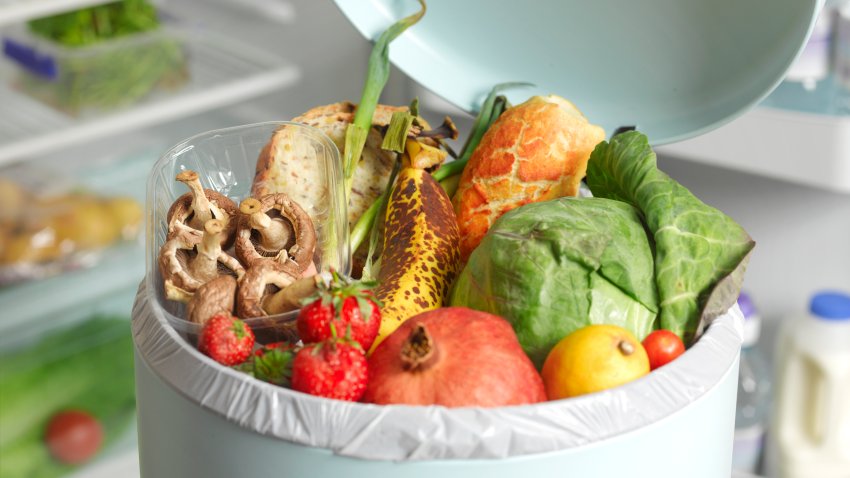
As Much as 40% of Food Goes to Waste in the US
Storm Team4’s Amelia Draper shares four foods that last much longer than the expiration date.
-
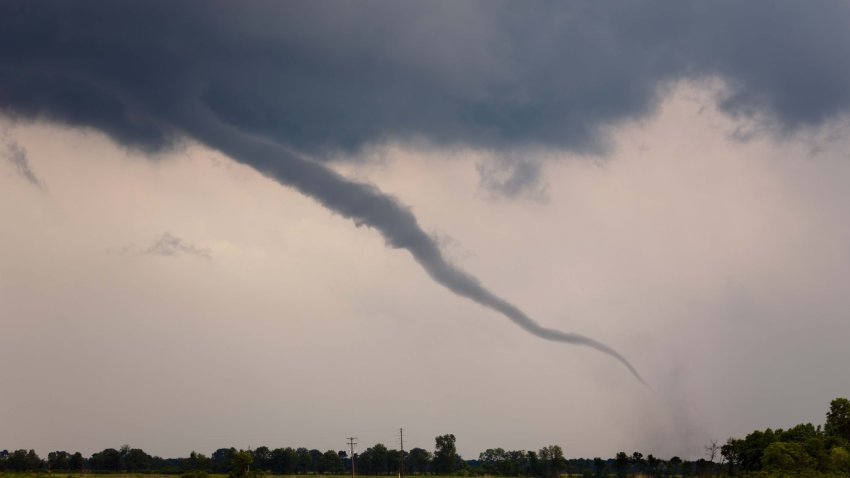
Billion-Dollar Disasters Happening More Often
So far this year, there’s already been seven billion-dollar disasters. Storm Team4’s Amelia Draper explains how storm and tornado trends are changing.
-

How Baseball Season Is Heating Up Due to Our Changing Climate
Storm Team4’s Amelia Draper explains how the changing climate is impacting baseball.
-
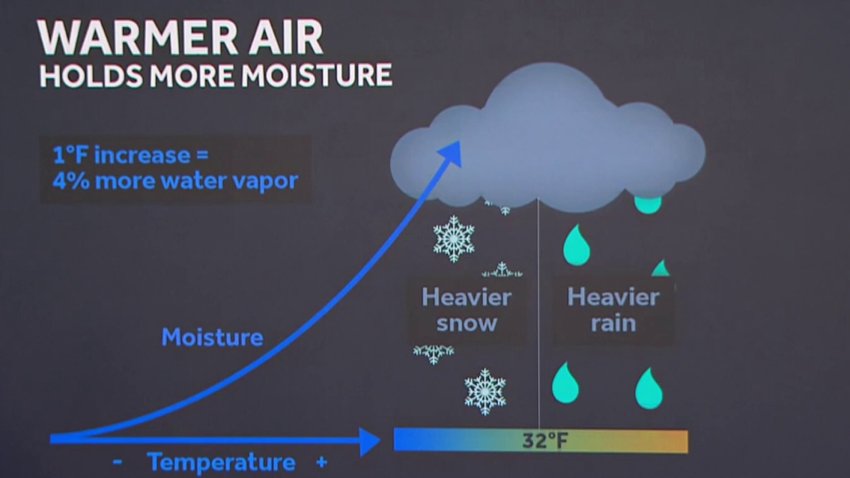
Changing Climate Creating Heavier Downpours
Heavier precipitation is a trend tied to our changing climate. Storm Team4’s Amelia Draper breaks down the data.

